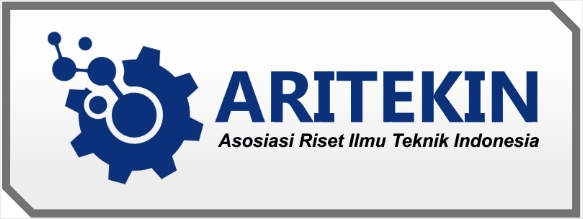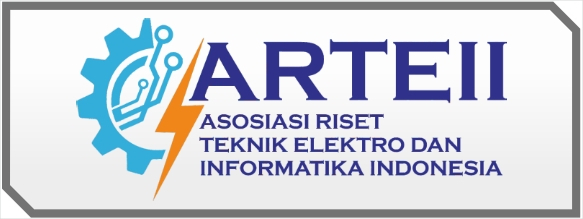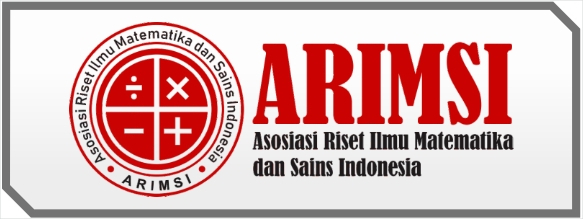Dampak Kemajuan Teknologi Pada Pendidikan Bahasa Indonesia
DOI:
https://doi.org/10.55606/sscj-amik.v1i3.1329Keywords:
Utilization of technology; positive impact; negative impactAbstract
Technology in learning is increasingly experiencing development along with the times. Often we see in the world of education a lot of use of technology as a means that can facilitate the learning process. Apart from technology education, it can also be used by the public to introduce Indonesian to foreigners. Technology can be a skill related to knowledge. This expertise can make it easier for Indonesian people to develop Indonesian. However, besides the many positive impacts that technology provides, it can also have negative impacts. The negative impact that we often encounter, for example on social media, is that many people use the Indonesian language incorrectly and not according to the rules. In fact, it is often found that young people use language immorally and ethically. Therefore this research discusses the impact of technology on language education which aims to find out what impact can be obtained from this technological development so that it can awaken many people to use Indonesian properly and according to the rules or even develop Indonesian so that it can be recognized by many. society in the world.
References
Adam Sutisno. 2020. Perkembangan Bahasa Indonesia Pada Era Teknologi Informasi dan
Komunikasi.
Rokhman Fathur. 2003. Pemilihan Bahasa Dalam Masyarakat
Setiadi Julianto Arif dkk. 2009. Teknologi Informasi Dan Komunikasi. Jakarta : Ristek
Sugono, Dendi. 1994. Berbahasa Indonesia Dengan Benar. Jakarta : Puspa Swara
Tasai, S. Amran, dan E. Zaenal Arifin. 2000. “Cermat Berbahasa Indonesia : Untuk
Perguruan Tinggi”. Jakarta : Akademika Pressindo
Tarigan dkk, Djago dkk. 1998. Pendidikan Bahasa Dan Sastra Indonesia Di Kelas Rendah.
Jakarta : Depdikbud
Nurgiyantoro, B. (2017). Stilistika. Yogyakarta: UGM Press.
Palmer, R. E. (2005). Hermeneutika: Teori Baru Mengenai Interpretasi (D. Muhammad, Trans.). Yogyakarta: Pustaka Pelajar.
Poespoprodjo, W. (2015). Hermeneutika. Bandung: Pustaka Setia.
Purwaningsih, L., Sudibyo, A., & Isnaini, H. (2023). Problematika pada Pembelajaran Apresiasi Sastra. Metonimia: Jurnal Sastra dan Pendidikan Kesusastraan, 1(2), 69-73.
Sunarti, S., Yusup, M., & Isnaini, H. (2022). NILAI-NILAI NASIONALISME PADA PUISI “DONGENG PAHLAWAN” KARYA WS. RENDRA. Parole: Jurnal Pendidikan Bahasa dan Sastra Indonesia, 5(4), 253-260.
Supriyanto, T. (2011). Kajian Stilistika dalam Prosa. Yogyakarta: Elmatera.
Suryawin, P. C., Wijaya, M., & Isnaini, H. (2022). Tindak Tutur (Speech Act) dan Implikatur dalam Penggunaan Bahasa. Sinar Dunia: Jurnal Riset Sosial Humaniiora dan Ilmu Pendidikan, Volume 1, Nomor 3, 29-36.
Williams/Sawyer. 2007. Using Information Technology Terjemahan Bahasa Indonesia.
Jakarta : Penerbit ANDI
Abdul Chaer. 2010. Kesantunan Berbahasa. Jakarta : Rineka Cipta
Kunjana Rahardi. 2009. Bahasa Previor Budaya. Yogyakarta : Pinus Book Publisher
Tri Mastoyo Jati Kusuma. 2007. Pengantar (metode) Penelitian Bahasa. Yogyakarta :
Carasvatibook






















